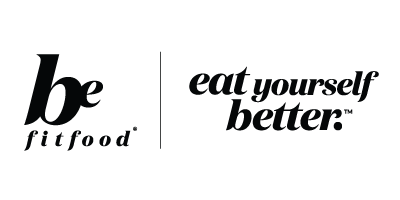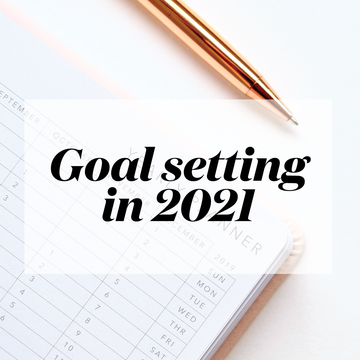Goal setting in the New Year
Now we have made it through 2020 we can look back on a big year full of uncertainty and for many of us it has put a lot of things into perspective. It is important to regather your strength and recenter your energy and what better way to do that than setting yourself some achievable goals for 2021. These goals should be reflective of what you value and will be in line with the version of yourself you are striving to be.
Consider what the goal is you are trying to achieve and why?
Firstly, what do you want to achieve and why? Write a list of your top values and ask yourself the question “How does my health affect me and if my health deteriorates how would that impact me?”. Have a think about the things you may be willing to change. Perhaps you don’t want to give up going out for dinner every Saturday night to your favourite Italian restaurant, or that glass of red wine you drink after a long day at work. There may be some simple and achievable changes you can make to help you progress with your health goals. For some people their motivators to make positive health changes are a recent diagnosis or commencement on a medication which could be managed through lifestyle changes. For others it might be weight loss for a special occasion, or to fit into their old clothes. Whatever your priorities are think about what you are prepared to sacrifice to achieve this goal.
Rate the important of your goal
Once you have a goal in mind, I implore you to rate the importance of this out of 10.
Motivation for change
As dietitians, we often use a tool to assess someone's stage of behaviour change. We want to work out where you will be starting from and figuring out what motivates you will help to progress you further along the stages of change cycle. For example, your diet and weight might never have been an issue before, but you went to the doctor recently and they told you your cholesterol is high and your BMI is above the “healthy” weight range. You want to avoid commencing cholesterol lowering medication and so you are feeling motivated to make lifestyle changes. What phase of behaviour change are you at?
Break down larger goals into smaller day-to-day goals
It is highly important to ensure your goals are SMART (Specific, Measurable, Attainable, Relevant and Time-Bound). An example of a vision or a broad goal is I want to lose 20kg. We want to break this down into achievable steps for example;
-
I want to commence a Very Low-Calorie Diet program (VLCD) diet for 2 weeks
-
I want to increase my physical activity to 30 minutes per day 4-5 times/week (nominate your set
days to fit into your schedule)
-
I want to lose 1 - 2.5kg/week
Example of a smart goal: “In two weeks by February 2020, I will have completed 14 days on a VLCD and lost between 3-5kg and seen a decrease in my waist circumference. I will track my weight using scales and my waist circumference using a tape measure. Decreasing my calorie and carbohydrate intake will help to reduce my weight and risk for diabetes. I will re-evaluate my goals in two weeks and make adjustments to my diet or physical activity based on what is more likely to be maintained with my lifestyle. I will set a new goal after the two-week period.”
-





